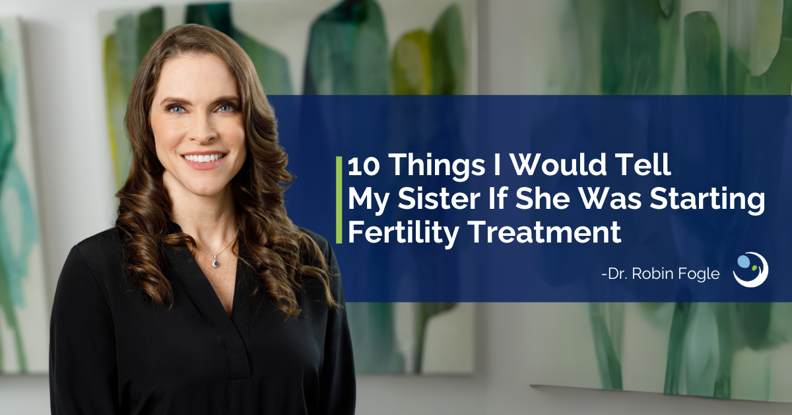Egg Donor FAQs
- Category: Egg Donation

Getting pregnant isn’t always as simple as “the birds and the bees” made it seem. Today, infertility affects roughly one in every eight heterosexual couples. But thankfully, medical and technological advancements, as well as the generous egg donation of other women, have made it so that infertile men and women can experience the joy of parenthood.
If you’re considering donating your eggs, we encourage you to learn all that you can on the matter, starting with a few of these most frequently asked questions.
Is Egg Donation Safe?
Yes! From the donation procedure itself to your health 10+ years down the road, all aspects of the egg donation process are safe.
Is Donating Your Eggs Painful?
Typically, the egg retrieval procedure is not painful, as patients are put under IV sedation. Post-procedure, women typically report normal menstrual-like symptoms.
Though it’s rare (occurring in less than 20 percent of patients) ovarian hyperstimulation syndrome can cause short-term pain, as well as weight gain and fluid build-up. However, studies show that women with ovarian hyperstimulation syndrome do not experience any long-term health or fertility problems.
What Medications Will I Have to Take?
Your average, healthy woman will ovulate one egg a month, meaning it would take at least a year to retrieve several viable eggs. Fertility drugs help to stimulate a woman’s follicles and trigger the release of several eggs at once.
Though medications and dosage amounts are designed to custom for each donor, most women are asked to:
- Take birth control pills. This will prepare the ovaries for stimulation.
- Give themselves daily hormone injections. These injections will help your body produce multiple eggs in a short period of time.
Can Donating Affect My Fertility?
One of the most common myths about egg donation is that it depletes a woman’s egg supply. We’re always happy to tell women that simply isn’t the case, as donating does not deplete your number of eggs.
Each month, a woman naturally produces 15 - 20 eggs that fight each other to make it to ovulation. The egg that wins is expelled during a woman’s cycle and the remaining are absorbed back into her body and essentially disappear. During fertility treatments, all 15 - 20 of those eggs mature at once and are retrieved. At the end of your treatment, you will have the same number of eggs in your reserve as you would have had, had you never decided to donate.
If you’re interested in learning more about our Egg Donor Program, click here!
And if you’re ready to begin the application process, complete our online form today!



